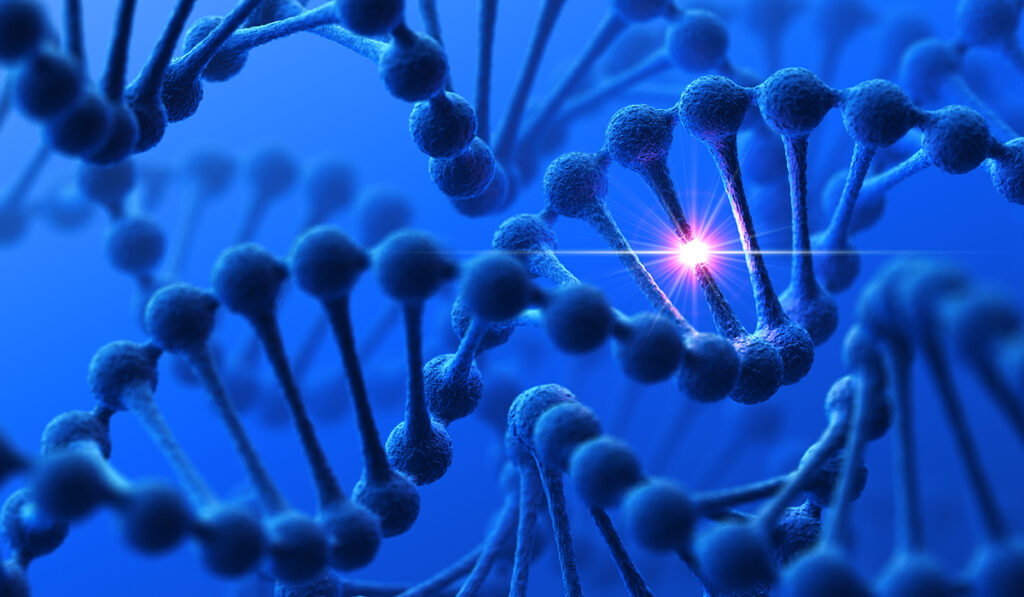Lung adenocarcinoma disease (LUAD) is the major subtype of non-small cell lung cancer (NSCLC), and accounts for about 40 percent of lung cancer cases overall.
As is highly heterogeneous subtype, both among patients and types of tumors, LUAD can be particularly challenging to treat. By better elucidating the mechanisms that drive response, researchers hope to pinpoint the most likely beneficiaries among the LUAD population.
“We have uncovered how genomic and genetic heterogeneity influences the response to MDM2-targeted therapy.”
In a 2022 study conducted by an international team of researchers, amplification and overexpression of the oncogene MDM2 was linked with aggressive disease and poor survival. They identified conditions that enable tumor proliferation, as well as targets that could help oncologists offer new treatment. Children with CDI do better than adults when we look at severity, but the rare complications can be a struggle to control, and recurrence rates are still high.
“A response to MDM2 inhibitors had been found in late-stage LUAD, but this is the first time it has been studied in early-stage patients,” said Young Zou, M.S., manager of VUMC’s Multidisciplinary Assessment and Stratification of Lung Cancer with Biomarkers laboratory, known as MASLAB, and an author on the study.
“Now, we have uncovered how genomic and genetic heterogeneity influences the response to MDM2-targeted therapy, thus providing a direction for determining treatment regimens.”
Cancer Heterogeneity
Michael Kammer, Ph.D., a research assistant professor in allergy, pulmonary, and critical care medicine at VUMC, was mentored by the late Pierre Massion, M.D., a key author on the study.
Kammer explains that the findings showed that MDM2 copy number amplification and p53 genetic mutation together contribute to LUAD biological heterogeneity.
“This heterogeneity is a critical reason for the differential response to targeted therapies and differences in survival outcomes. This study shows that only patients with MDM2 copy number gain will respond to therapy that targets MDM2, suggesting that this overexpression can be investigated as a clinical biomarker to target certain lung cancer patients.”
MDM2
MDM2 is an oncogene that binds to p53, a regulatory protein that is often mutated in human cancers. MDM2 normally functions as a negative regulator of p53, keeping it from doing its job.
“When there is genomic amplification and overexpression of MDM2, together with genetic alterations in p53, it leads to genomic and genetic heterogeneity in LUAD, making this oncogene a therapeutic target,” Kammer said.
The same study team earlier found that overexpression of MDM2 is associated with poor survival in late-stage LUAD. In a subsequent study, they focused on gene expression profiling, identifying novel clustering of early stage LUAD patients and correlating this with tumor invasiveness and patient survival.
In the current study, the researchers hypothesized that both MDM2 copy number and its overexpression predict response to MDM2-targeted therapy.
Suppression Mechanism
The group focused on copy number alterations in LUAD patients, using a combination of SNP assays of resected tumors from 1,178 LUAD patients, FISH/CISH data, and publicly available validation data, to find whether a higher copy number of MDM2 was significant in tumor aggressiveness.
Past work has shown that copy-number heterogeneity was significantly associated with an increased risk of recurrence or death, but studies on the pathway and degree of significance in early-stage cancer have been missing pieces of the puzzle.
The most recent analysis showed amplification at MDM2 locus in about 15 percent of LUAD cases, and highest in the most invasive subtype. MDM2 copy number was positively correlated with protein expression.
“Our SNP array and FISH/CISH data showed that MDM2 is amplified in 15 percent of our early-stage LUAD patient samples.”
“Our SNP array and FISH/CISH data showed that MDM2 is amplified in 15 percent of our early-stage LUAD patient samples, with increasing rates from [adenocarcinoma in situ/minimally invasive adenocarcinoma] to predominantly invasive subtypes,” Zou said.
Then they tested an MDM2 inhibitor, RG7112, and found it effective at reducing cancer migration in MDM2-amplified conditions, independent of a patient’s p53 status. At the same time, the pathway of suppressing tumor progression was unique to MDM2 status.
In the presence of mutated p53, epithelial to mesenchymal transition signaling led to lower tumor invasiveness. In wildtype p53, the inhibitor acts by suppressing the p53-E2F-PEG10 pathway. (E2F is a transcription factor and PEG10 is associated with cell proliferation, differentiation and apoptosis).
Putting It All Together
While there were several new findings from the study, key among them were the contributions of MDM2 genomic status and p53 mutation to heterogeneity among LUAD patients; that MDM2 expression might influence the patient’s response to MDM2-inhibitor therapy, independent of p53 status; and that in early- and later-stage cases, MDM2 genomic amplification is associated with poor survival.
“While our study included a limited panel of cell lines for genomic analysis, a follow-up study with a larger panel of cell lines and an independent cohort of patients would provide more strength to our findings,” Kammer said.






